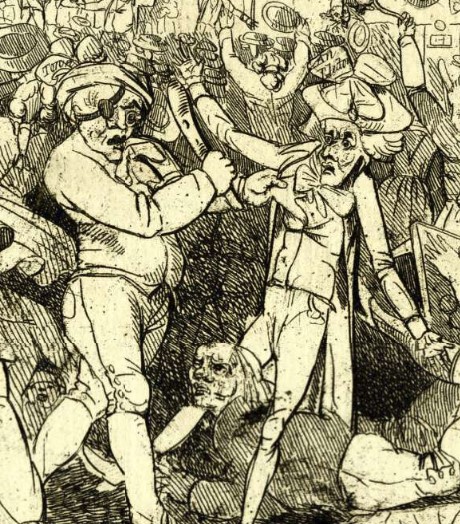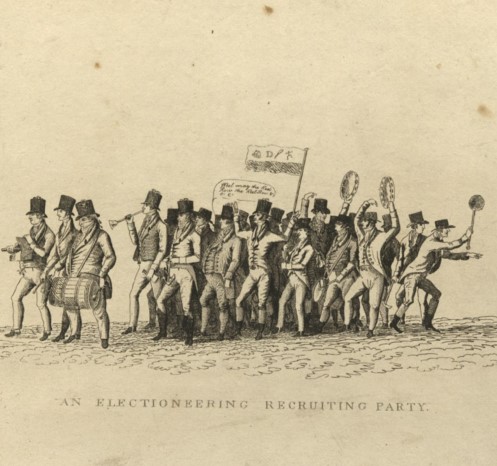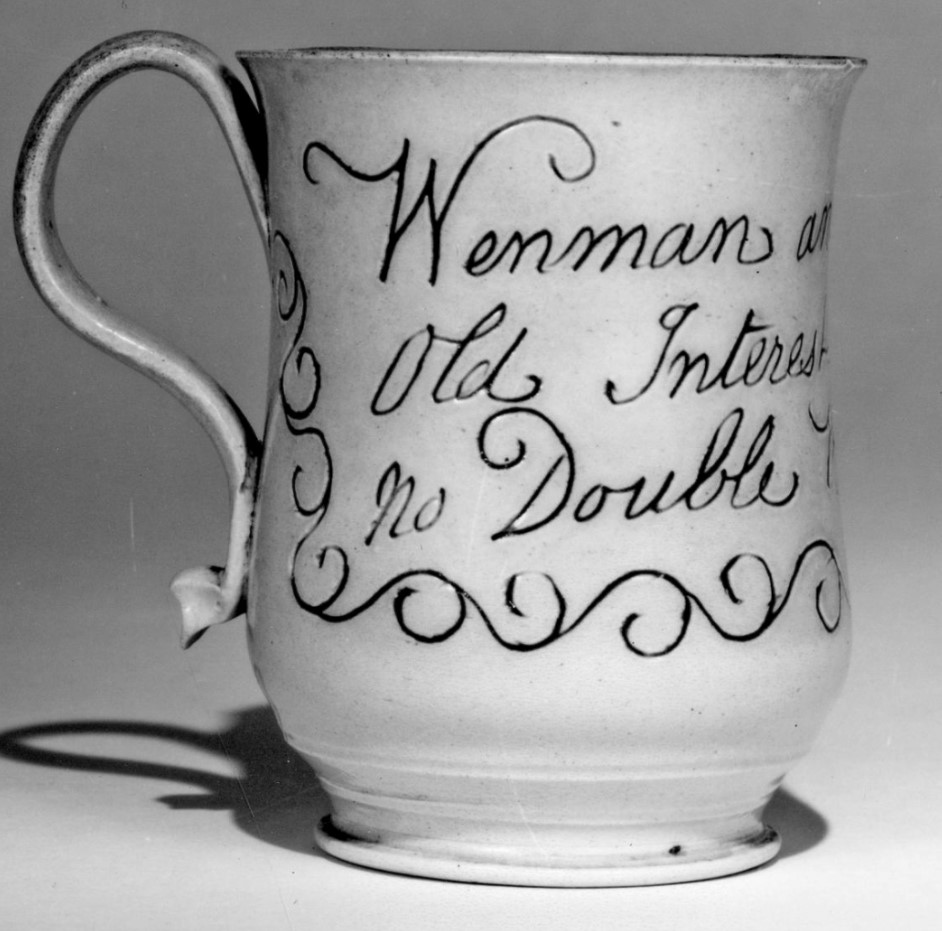Disputed results were common, often taking months of legal wrangling to resolve [10-minute read] The majority of eighteenth-century elections went uncontested, which is to say that an agreement had been reached in the constituency not to put up rival candidates, allowing the nominated candidates to be returned unopposed. However, when an opposition did materialise, and […]
Controverted Elections





